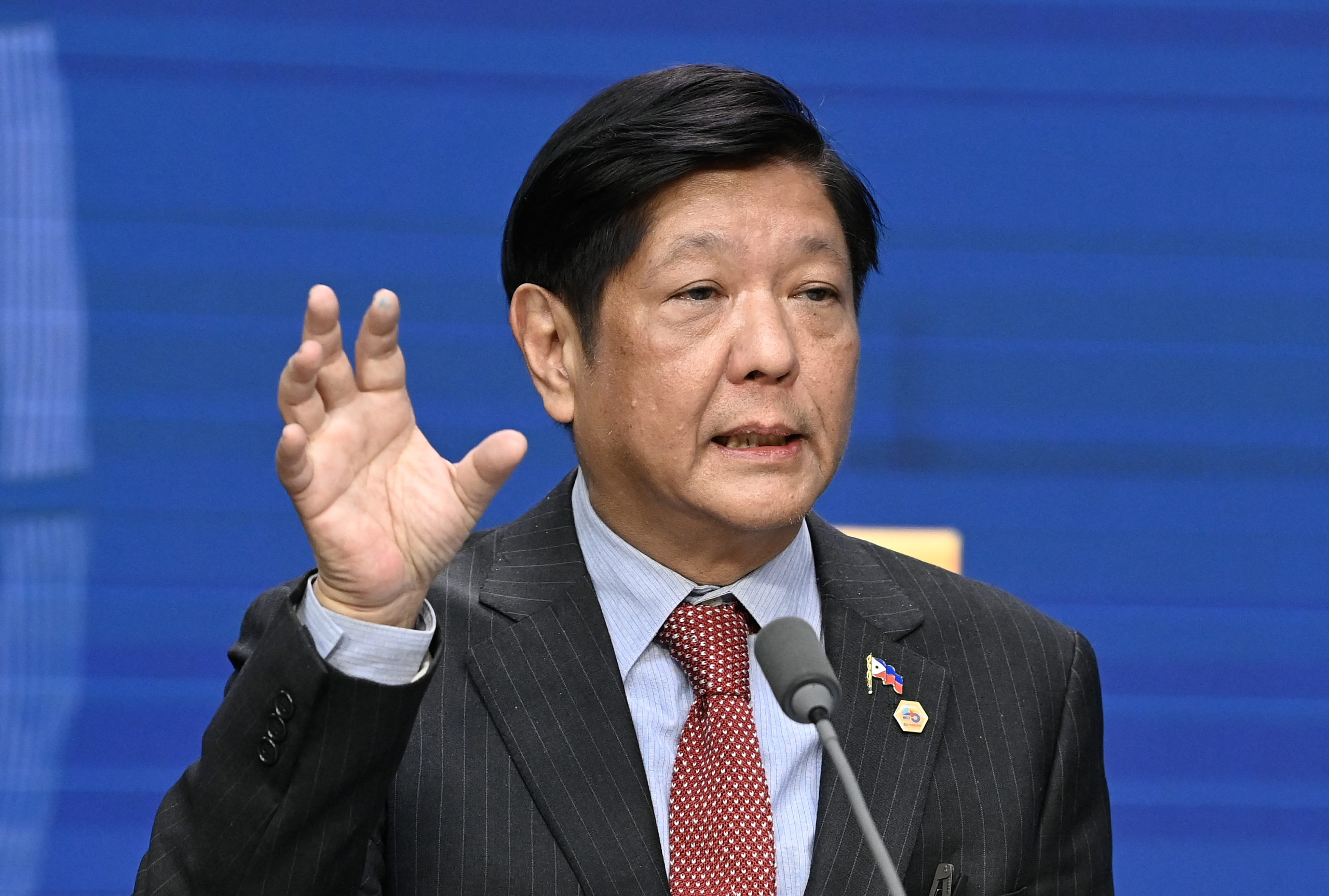Marcos gov’t goes all out on PPP infra strategy
The Marcos administration amped up its rhetoric on revitalizing public-private partnerships (PPP) as a way to push its infrastructure program as it also drummed up investor interest in key areas of possible cooperation, particularly in renewable energy projects.
In the Philippine Business Opportunities Forum held in Tokyo on Feb. 10, Finance Secretary Benjamin Diokno said that aside from renewable energy, investors may also look at “high-impact sectors” such as manufacturing, infrastructure, services and agriculture.
According to the Department of Finance, Japan is the Philippines’ second-largest trading partner and the second-largest source of foreign investments.
80 percent
Diokno said that in the last six years, the country’s capital formation grew by double-digits, which is attributable to the assistance given by the Japanese government and the Japan-led Asian Development Bank (ADB).
“I estimate that between the two of them , they would account for about 80 percent of our infrastructure,” the finance chief said.
With the goal to maintain infrastructure spending at 5 to 6 percent of gross domestic product yearly, the administration expects that its investment-led growth strategy will lead to more employment opportunities and more high-quality and green jobs for Filipinos.
Full ownership
Diokno also noted that the government has opened up the renewable sector to full foreign ownership, particularly in the exploration, development and use of solar, wind, hydro and ocean or tidal energy.
He reiterated that the government will harness the PPP mechanism to augment the Marcos administration’s infrastructure program, a move that is expected to help “speed up investments while ensuring quality infrastructure development.”
Ma. Cynthia Hernandez, executive director of the PPP Center of the Philippines, said last week that a string of projects that were being pursued through the PPP scheme include the recently approved $55-million, 300-bed Cancer Center for the University of the Philippines-Philippine General Hospital.
Hernandez was the featured presenter at the latest installment of the Ruperto Alonzo Memorial Lecture Series held at the UP School of Economics in Diliman on Feb. 8. INQ

